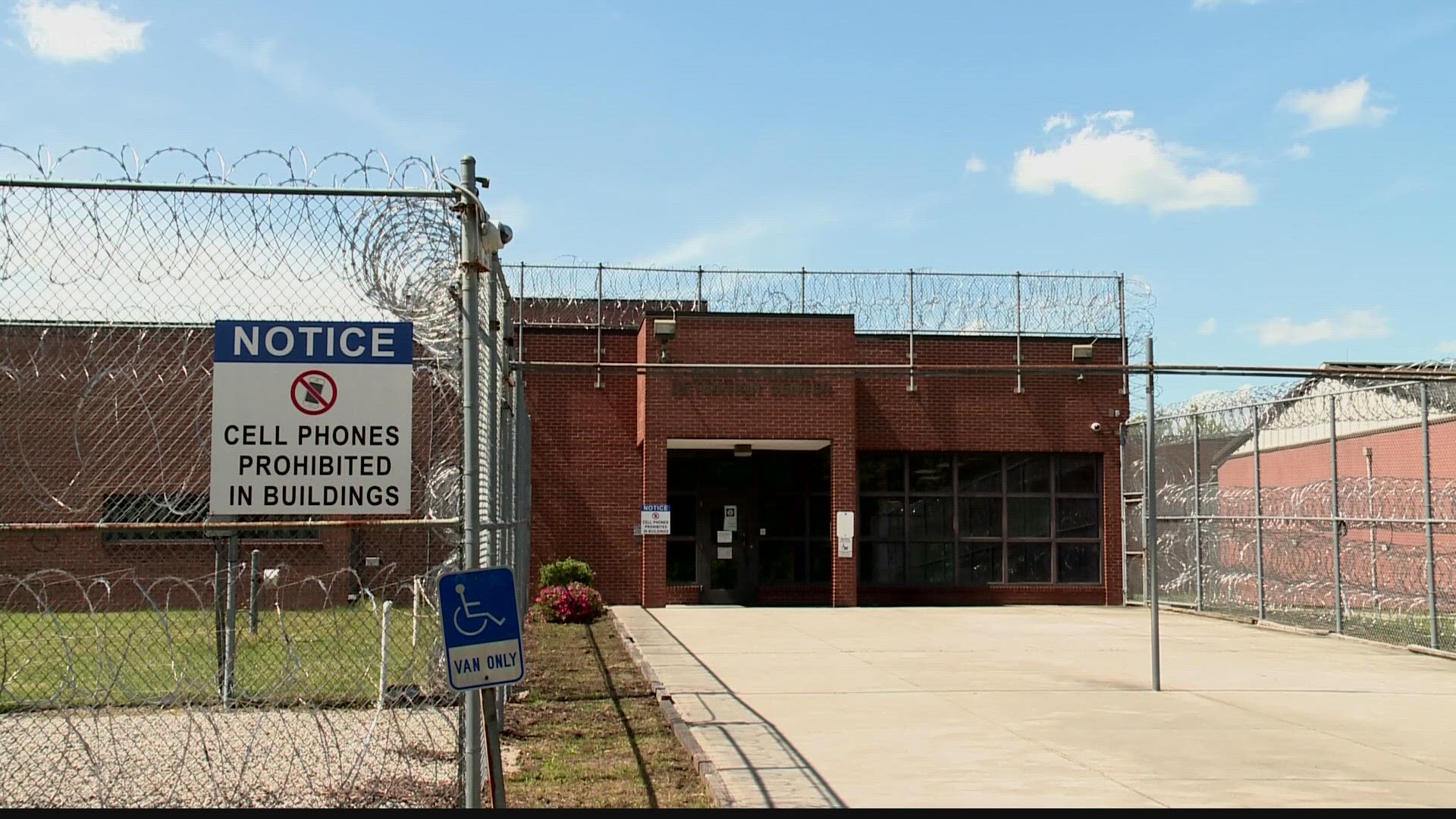COLUMBIA, S.C. — The United States Department of Justice and the United States Attorney's Office for South Carolina are launching a federal civil rights investigation into two South Carolina jails. One of them is the Richland County Jail.
"Should one or both of the investigations identify any constitutional violations or violations of federal law, our office is equally committed to identifying remedial measures and monitoring search efforts as long as necessary," said U.S. Attorney for South Carolina Adair Boroughs.
The agency said there were six known deaths since February of last year. There have also been 16 stabbings or assaults, two escapes, two alleged rapes, and nine people injured in violent incidents in May and June alone.
Assistant Professor Madalyn Wasilczuk with the University of South Carolina School of Law said those issues caught their attention and led to the investigation.
"This is a pretty rare occurrence, up to this point the civil rights division of the DOJ and the U.S. Attorney's Office here in South Carolina have only been able to look at the publicly available information, that's why they are opening this investigation because they have found allegations serious enough and credible," Wasilczuk says.
Now, the months-long process begins.
"They will arrange for a tour of the facility and then they will request documents from the facility from the county, they will dig into those in a pretty deep way, so sometimes those take a few months sometimes they take more than a year," Wasilczuk adds.
After that, Derek Shoemake, criminal defense lawyer, says a finding report will be issued.
"The attorney general will produce a written report and do one of two things: it will be saying they found no evidence; if that's the case, it goes away - the investigation is closed," Shoemake said. "If they do find a pattern, they will specifically outline these are the constitutional violations or statutory federal violations we have found."
Then, they will move into step three.
"They will seek to find a method everyone agrees with to resolve these issues going forward; if they reach a negotiated agreement, it's entered in by a federal judge," Shoemake said. "If, for some reason, the institution doesn't want to reach an agreement, you would reach the fourth and final step, which is an actual lawsuit. That's where the Department of Justice would file a civil lawsuit and ask a federal judge to do those things they already asked for."
If they do find issues, Shoemake said this is not a criminal matter. No arrests will be made.

